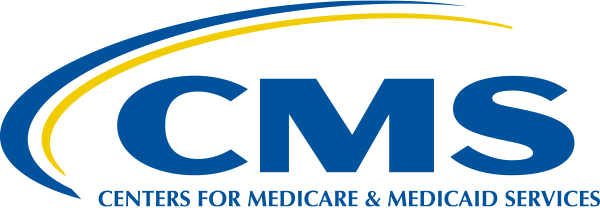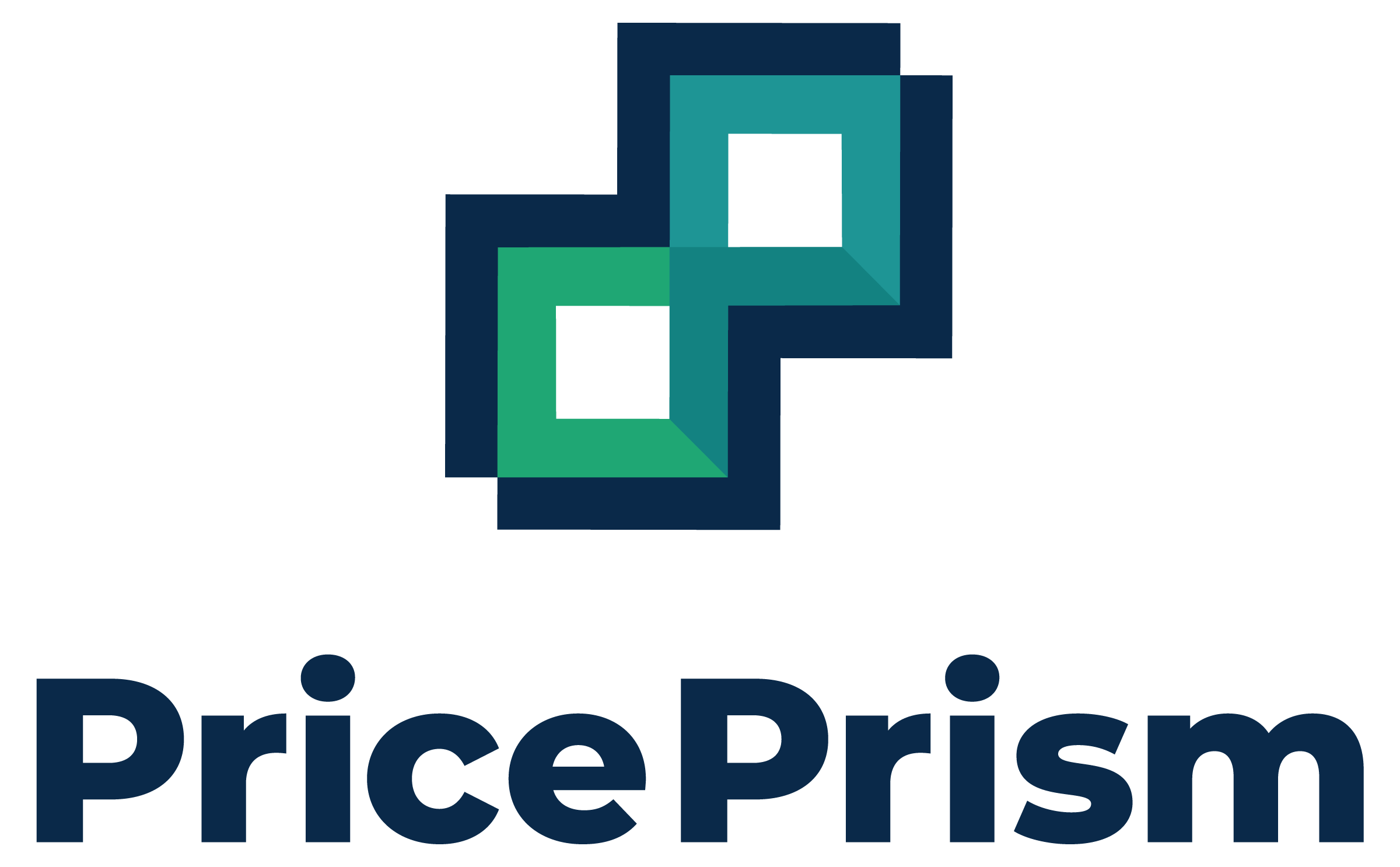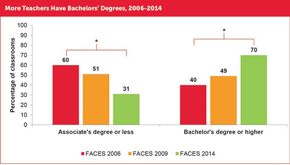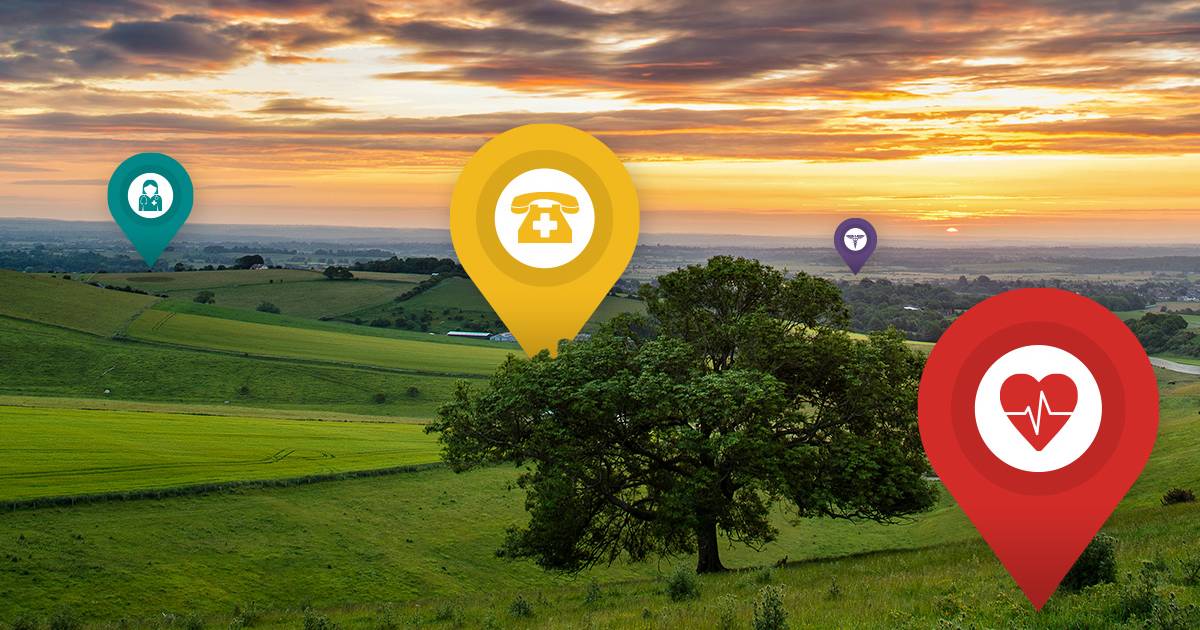
Carey Appold
Vice President, Federal Medicaid Practice
View Bio PageCase Study Example description




One small step for man, one giant step for man kind!
CMS needed to curb the overuse of non-emergency ambulance rides—a source of avoidable expenses that were driving up Medicare costs—while preserving access to medically necessary transport.
We brought together evaluation, program integrity, clinical, and Medicare transportation experts to measure the impact of CMS's prior authorization model for non-emergency ambulance use. Our analysis examined effects on spending, service quality, and program integrity—using data from across [number] states.
Our multi-year evaluation helped achieve significant cost savings while safeguarding patient care. By analyzing Medicare claims, we showed that reduced spending on unnecessary non-emergency ambulance services would not compromise the well-being of Medicare beneficiaries. We found no negative impact on care access or quality, highlighting the demonstration’s success in reducing improper use while maintaining positive patient outcomes.
Key findings at a glance
CMS’s model shows that smarter oversight reduces unnecessary spending while protecting patients. These findings support better, data-driven policies that generate substantial cost savings.
Equitably improving education and economic outcomes hinges on our ability to answer fundamental questions about what’s working, what’s not, and how we can improve. The Education-to-Workforce Indicator Framework lays the foundation for this vital cross-sector work by illuminating how data can help the field answer these questions and take action to address disparities and better support students along their journeys from Pre-K into the Workforce.

Mathematica's team of rural policy experts, data scientists, methodologists, and technologists design, test, and scale solutions that improve care quality and access, meet social needs, and introduce payment reform in rural areas.
Learn MorePartner with us at the intersection of data science, social science, and technology to progress from inquiry to insight to impact. Our evidence-informed solutions empower you to see clearly and act quickly.
Share how you use evidence to solve challenges. Answer our four-question survey to help us curate evidence and insights that serve you better.
Take the Survey